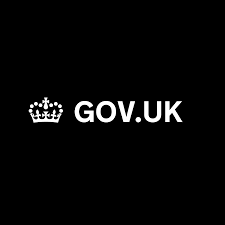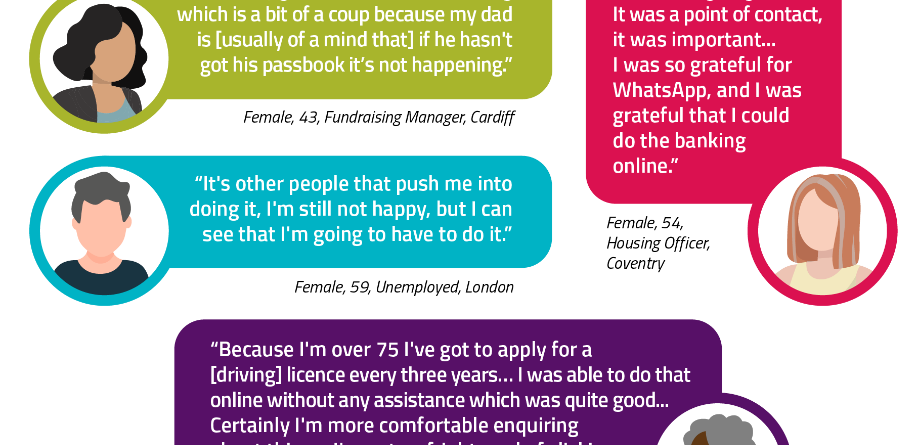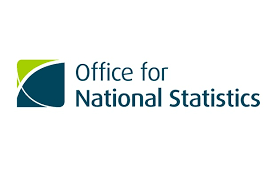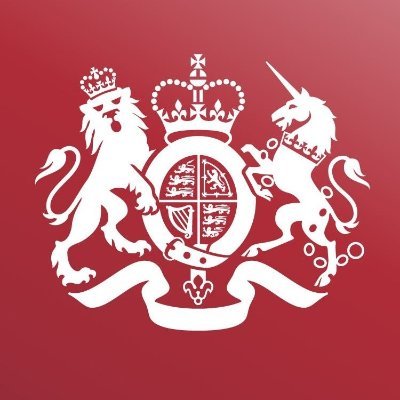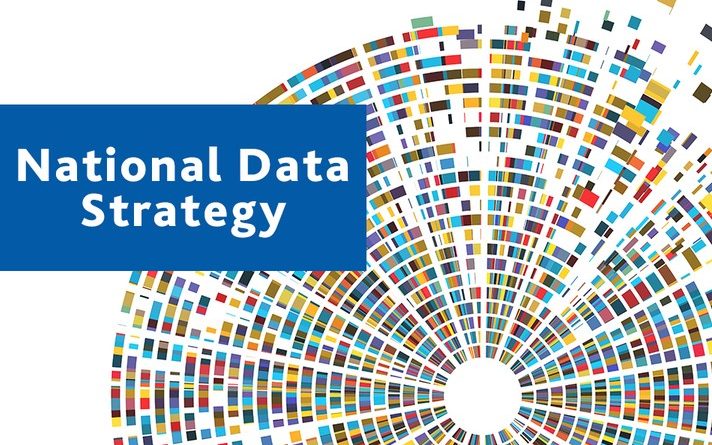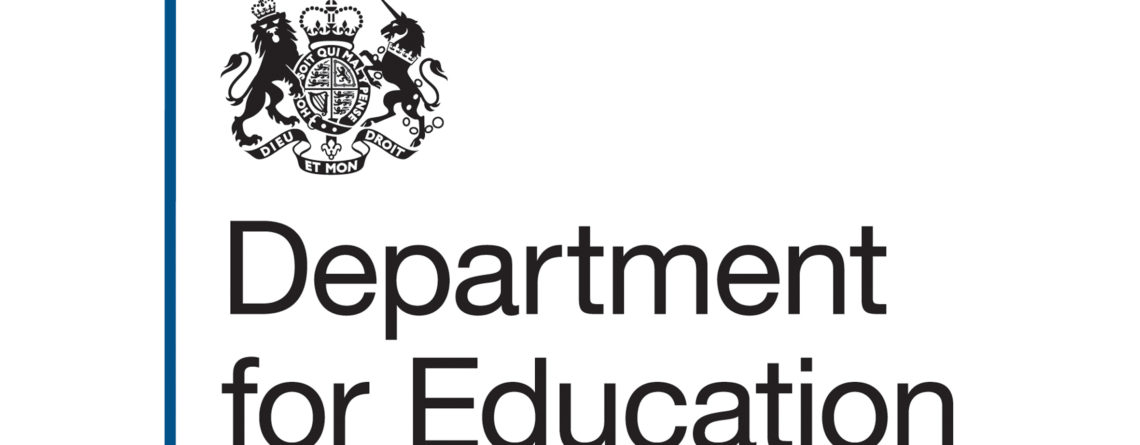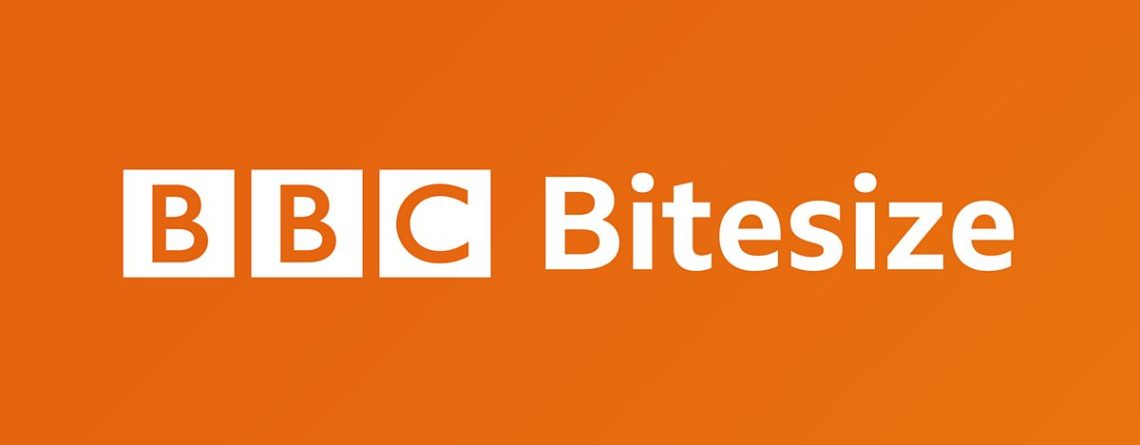Ofcom Online Nation Report 2021
Ofcom’s Online Nation 2021 report provides a snapshot of 2020.
Key points:
- 94% of UK households had internet access in March 2021 with 6% of homes (around one and a half million) without access.
- UK adults spent more than 3.5 hours online each day in 2020 and spent nearly £2.45 billion on mobile apps across the year.
- Fixed broadband is by far the most common method for connecting to the internet at home at 92%, mobile data at 49% and mobile broadband at 16%.
- The smartphone is the most-used device for accessing the internet for all age groups apart from those aged 65+ who access via computer mostly. One in ten adults said they use only a smartphone to go online.
- Teenagers are spending more money online than offline.
- 59% of UK children use social media by the time they are 11 and 95% by the age of 15.
- The UK’s online shopping bill increased by almost 50% to nearly £113 billion.
- In total, online entertainment and audio-visual media generated £5.6 billion in UK revenue.


